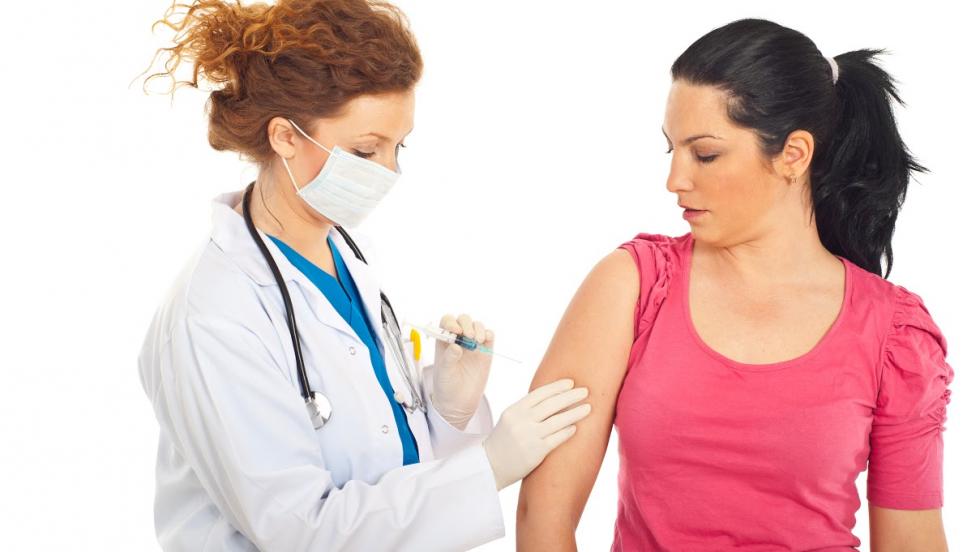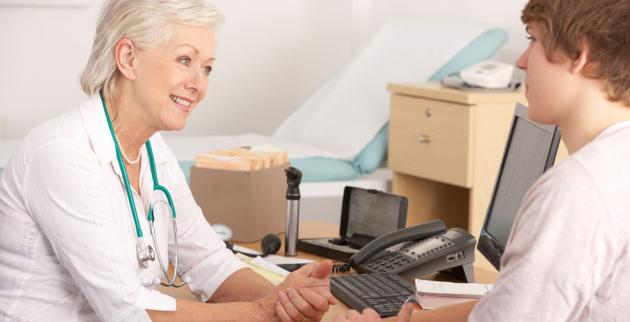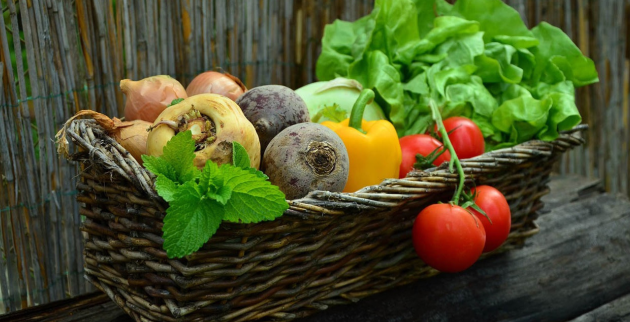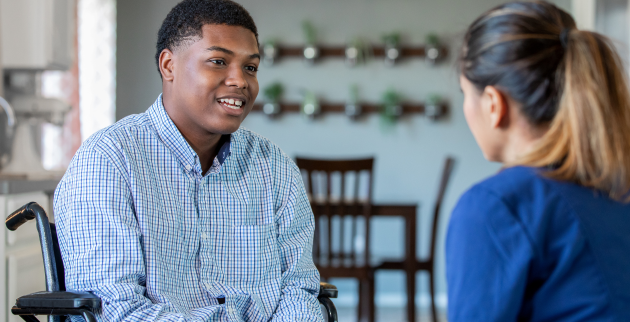Get vaccinated!

Vaccinations give people immunity against dangerous diseases like measles and coronavirus.
If enough people have been vaccinated, then it is possible to stop the disease from spreading.
Crucial: All children in England can get vaccinations for free from the NHS. Find out more about NHS vaccinations and when to have them.
About vaccination
Vaccination is one of the greatest breakthroughs in medicine. No other medical intervention has done more to save lives and improve life - especially for children.
Vaccinations are quick and safe. There are standard injections everyone takes. Some children may need more, for example if you have certain medical conditions.
If someone isn't vaccinated, they are at risk of catching serious illnesses and passing them on to others. If a group of people are not vaccinated, then there is a risk that the disease will become established, and many more people will get ill, including vulnerable people.
Crucial: Anyone starting college or university should check that they have had vaccines which help protect against diseases which are more common in colleges and universities, like mumps and measles.
Am I vaccinated?
If you are not sure if you have had your vaccinations. For example:
- If you have come to the country recently
- You are missing your vaccination records, or aren't sure if you've been vaccinated
- If you think that you may have missed your vaccinations for another reason
You can ask doctor or School Health Nurse about being vaccinated - at any age.
Instant expert: For more information on vaccination visit: NHS Vaccination Schedule page
Vaccinations after 12 years of age:
All girls aged 12 to 13 are offered HPV (human papilloma virus). This protects against a virus which can cause cervical cancer. Read more about the HPV vaccine.
Meningitis
Teenagers, sixth formers and 'fresher' students going to university for the first time are also offered a vaccination to prevent meningitis disease and septicaemia.
Are vaccines safe?
All medicines have side effects. But because vaccines are used routinely, they are very safe.
The side effect from a vaccine is usually a mild feeling of unwell and sometimes a sore spot on the vaccination site.
All medicines work better on some people than on others, including immunisations. Sometimes people who are immunised still get the disease. But it is milder, because the immunisation has taught your body to resist the disease.
Being vaccinated is much safer than not being vaccinated - for everybody.
Crucial: Most parents make sure their children are vaccinated, to protect their health. But sometimes vaccinations may be missed. If you are worried that you have missed vaccinations, or have not been vaccinated, you can talk to your school health nurse.
What about consent?
When children are very little, parents and carers give consent for their child to be vaccinated by bringing their child to be immunised. When immunisation happens at school, your parent or carer may need to fill in a form.
When you are older, you can give consent yourself, if the medical professional believes you understand enough about vaccination to make the decision.
If you are over the age of 16, you can make your own medical decisions. You can choose to have vaccinations even if your parent does not give consent.
Travelling?
If you are going abroad you may need more vaccinations. In some countries there are very serious infections such as yellow fever, rabies, typhoid and hepatitis A.
Where these diseases are present you should take e vaccinations available that can protect you against them.
Take action: Find out what immunisations you will need to keep safe when you travel from the travel vaccines NHS choices pages.
Pregnant?
When you are pregnant you and your unborn baby can be put at risk by common viral infections such as Flu and Chicken Pox. To find out what vaccinations you should have while pregnant go to the NHS Vaccination Page and look at the Special Groups section.


